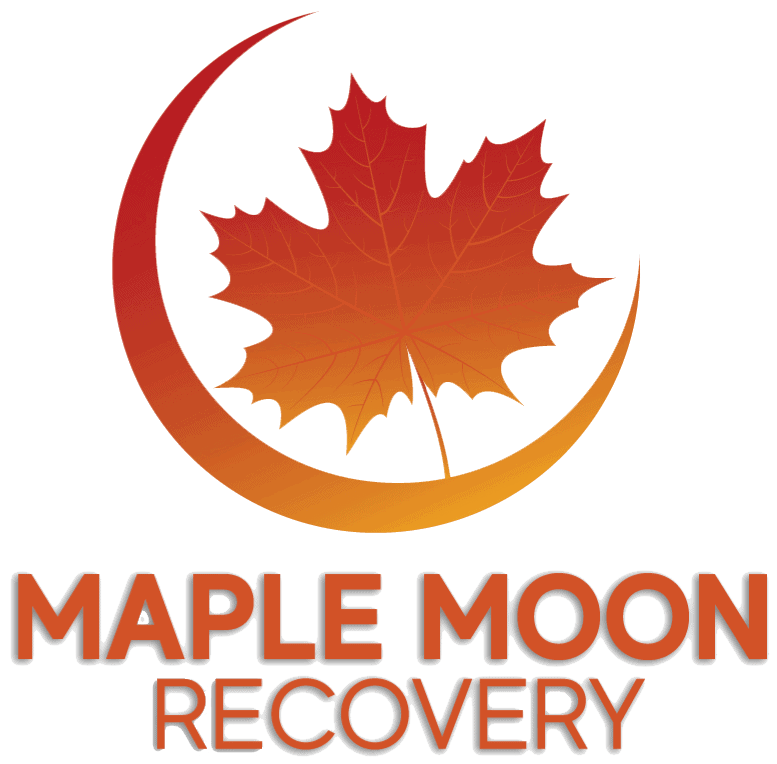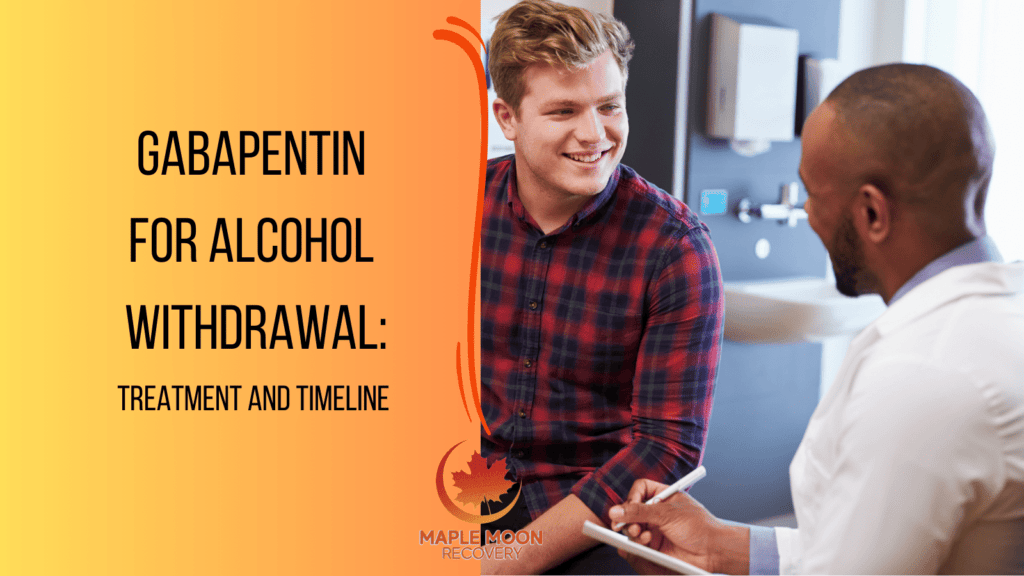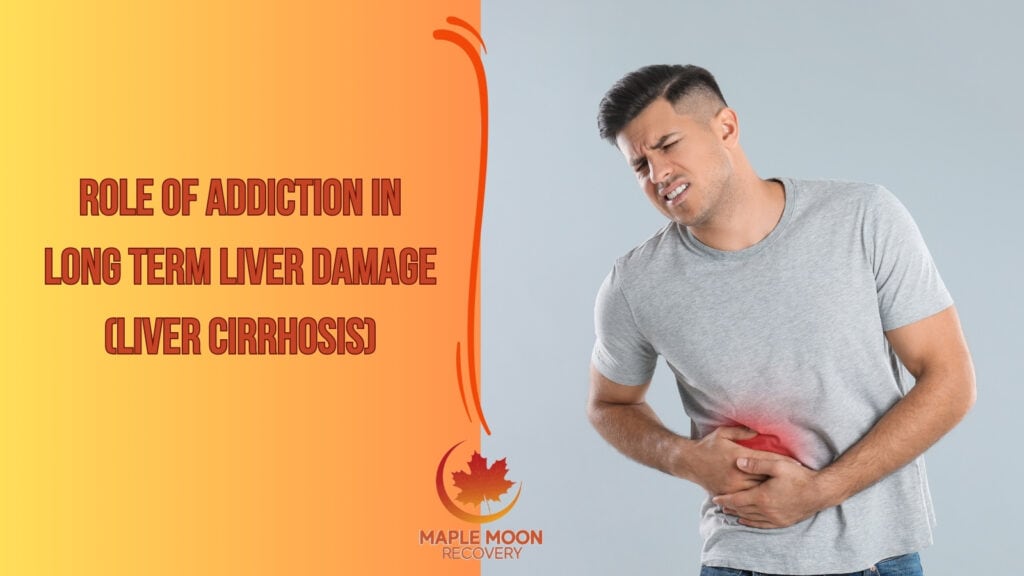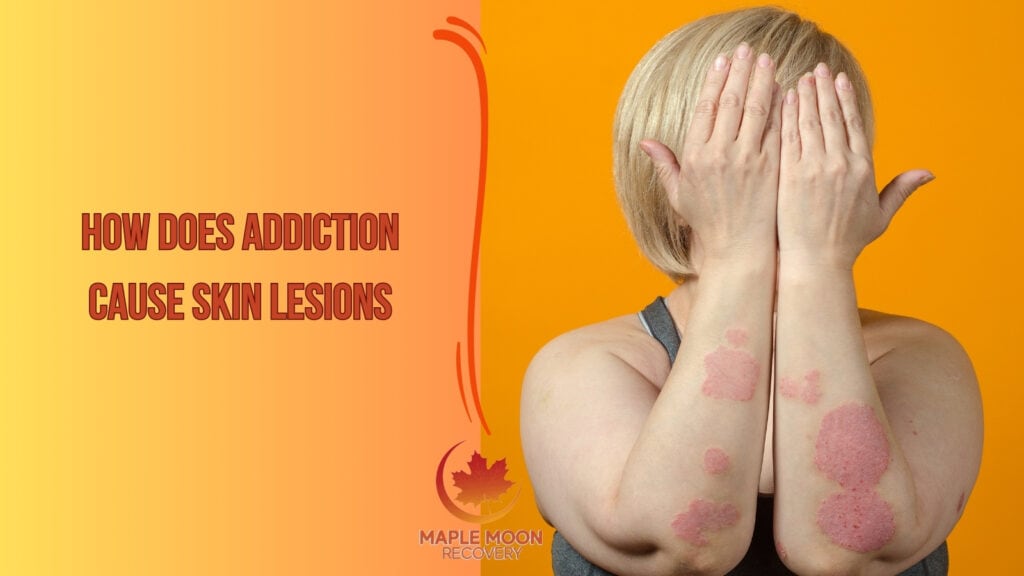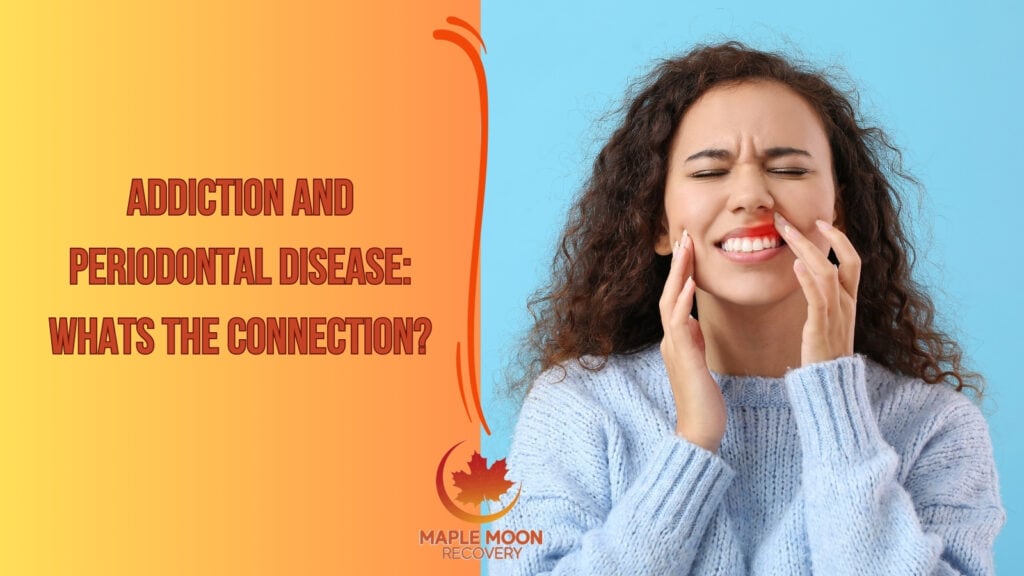Navigating the journey of alcohol withdrawal can be a daunting experience, one that many individuals face with apprehension. Seeking out the most effective treatments to ease this process is often a top priority. You may have encountered the use of Gabapentin for alcohol withdrawal in your search for solutions.
Gabapentin’s role in alcohol withdrawal treatment primarily involves alleviating symptoms and reducing cravings, which can be crucial in the early stages of recovery. It functions by stabilizing the nervous system, lessening the severity of withdrawal effects that can range from anxiety and agitation to severe complications like seizures.
Gabapentin for alcohol withdrawal is useful to ease symptoms of detoxification. Its effectiveness, the typical timeline for its use during detox, and additional supportive treatments can complement its usage. Understanding these elements can provide a clearer roadmap for those undergoing or assisting others through alcohol detoxification.
What is Gabapentin?
Gabapentin is a medication initially designed to treat neuropathic pain and epilepsy, functioning by altering electrical activity in the brain and influencing the nervous system’s response to pain and seizures.
In the context of alcohol withdrawal, Gabapentin helps by stabilizing neural activity, reducing the risk and intensity of withdrawal symptoms such as anxiety, restlessness, and the potential for seizures. Its calming effect on the nervous system makes it a beneficial tool in easing the discomfort and risks associated with the early stages of alcohol detoxification.
How is Gabapentin used for Alcohol Withdrawal?
Typically, treatment begins with a low dose, gradually increasing based on the patient’s response and withdrawal symptoms. This method helps in managing cravings and withdrawal discomfort effectively while monitoring for any side effects.
To use Gabapentin for alcohol withdrawal, it’s essential to follow a healthcare professional’s guidance, as they can tailor the dosage and regimen to individual needs and symptom severity. Given the medication’s potent effects, it must be used under strict medical supervision, particularly to adapt to the changing needs during the withdrawal process.
How Much Gabapentin is Taken for Alcohol Withdrawal?
Typically, Gabapentin is prescribed for alcohol withdrawal in doses ranging from 300 to 800 mg, three times daily, with adjustments made based on symptom severity and patient response. The precise dosage and treatment duration are determined by a healthcare professional, taking into account the individual’s alcohol use history and overall health.
It’s vital to follow medical guidance closely, as Gabapentin can interact with other medications and has potential side effects. Effective treatment often integrates Gabapentin within a broader plan, including therapy, support groups, and lifestyle changes.
What is the duration of Gabapentin for Alcohol Withdrawal?
Gabapentin is typically used for the acute phase of alcohol withdrawal, often lasting from a few days to several weeks. The exact duration depends on the severity of the withdrawal symptoms and the individual’s response to the medication.
Phases of Withdrawal and Effectiveness: Gabapentin is most effective during the early stages of withdrawal, helping to manage initial acute symptoms such as anxiety and insomnia. As the withdrawal progresses, its role may shift towards maintaining stability and preventing relapse.
Tapering Off Gabapentin: Gradually reducing the dose of Gabapentin is crucial to avoid any potential withdrawal effects from the medication itself. This tapering process should be guided by a healthcare provider, typically over a period of weeks, based on the patient’s progress and symptom resolution.
What is the Efficacy of Gabapentin for Alcohol Withdrawal
Gabapentin’s Role in Alleviating Symptoms: Gabapentin helps in alcohol withdrawal by stabilizing the brain’s electrical activity and reducing excitability, which in turn eases symptoms like anxiety, insomnia, and the potential for seizures. Its calming effect on the nervous system can significantly mitigate the discomfort associated with withdrawal.
Clinical Evidence: Various studies and clinical trials have demonstrated the effectiveness of Gabapentin in managing alcohol withdrawal. Research indicates that Gabapentin not only alleviates withdrawal symptoms but can also aid in increasing abstinence rates, reducing the risk of relapse.
Comparison with Other Treatments: When compared to traditional treatment methods like benzodiazepines, Gabapentin offers a different mechanism of action with a lower risk for dependency and abuse. Its side effect profile and the ability to target a broad range of symptoms make it a favorable alternative or adjunct in alcohol withdrawal treatment plans.
Potential Risks and Side Effects of Taking Gabapentin for Alcohol Withdrawal
Common side effects include drowsiness, dizziness, and headaches, with more severe effects like confusion, depression, or agitation occurring less frequently. Users might also experience gastrointestinal issues such as nausea or diarrhea.
Close monitoring by healthcare professionals is key to managing these side effects. Adjusting the dosage or regimen, alongside patient education about the importance of adherence and reporting side effects, plays a critical role in mitigating risks during treatment.

Long-term Recovery and Avoiding Relapse
Successful long-term recovery involves strategies beyond medication, including lifestyle changes, continued therapy, and engagement in support groups. Adhering to a healthy routine, stress management, and seeking out supportive social networks are vital.
Ongoing counseling and support groups play a crucial role in relapse prevention. Staying informed about personal triggers and developing coping strategies, in combination with the use of Gabapentin as advised by healthcare professionals, can fortify the foundation for sustained recovery.
We Are Here To Help – Maple Moon Recovery Center
Gabapentin presents a promising option in the treatment of alcohol withdrawal, offering relief from acute symptoms and playing a significant role in the journey towards long-term sobriety. Its effectiveness, coupled with a well-structured withdrawal timeline and strategies for long-term recovery, can make the process more manageable and less daunting.
However, it’s crucial to approach this treatment under professional medical guidance and consider integrating it into a comprehensive recovery plan. If you or someone you know is struggling with alcohol dependency and considering Gabapentin for withdrawal, it’s essential to seek expert advice and support.
Maple Moon Recovery offers a supportive and knowledgeable environment to help navigate these challenges. We provide tailored treatment plans, professional guidance, and the care you need to start your journey towards recovery. Reach out to Maple Moon Recovery today to take the first step in reclaiming your life from alcohol dependence. Let’s walk this path together towards a healthier, sober future.
Can anyone use Gabapentin for alcohol withdrawal?
Gabapentin must be prescribed by a healthcare provider. It’s typically used by individuals undergoing medically supervised detoxification from alcohol, especially if they’ve experienced withdrawal symptoms previously.
How quickly does Gabapentin work for alcohol withdrawal?
Gabapentin can begin to relieve withdrawal symptoms within a few hours of the first dose, but it may take several days to reach its full effect.
Can Gabapentin prevent alcohol relapse?
The short answer is no. While Gabapentin can ease the withdrawal process, its role in preventing relapse is part of a broader treatment program, including therapy and support systems.
Is it safe to take Gabapentin with other medications?
You should always consult with a healthcare provider before combining Gabapentin with other medications, as there can be interactions.
Can Gabapentin be used as a long-term solution for alcohol dependence?
Gabapentin is generally not used as a long-term solution for alcohol dependence but rather as a short-term aid during withdrawal.
